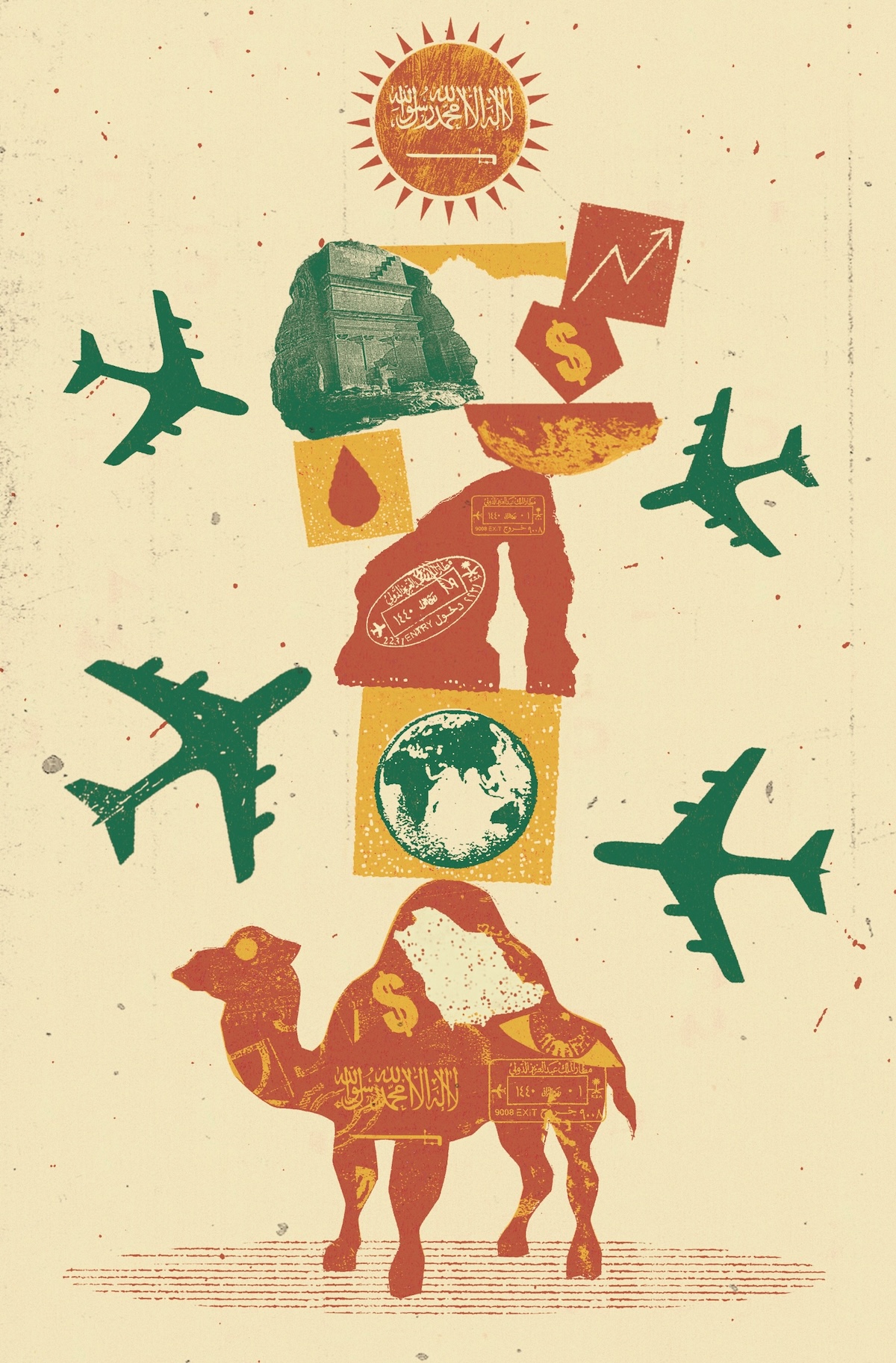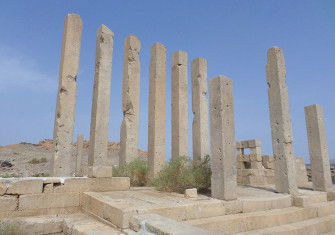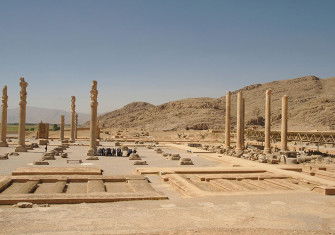The Nabataeans are Coming
Pre-Islamic history was once taboo in the Kingdom of Saudi Arabia. Will the ‘rediscovery’ of an ancient people – the Nabataeans – encourage international tourism?

The volte face has been astonishing. Until 2017, or thereabouts, the Kingdom of Saudi Arabia was seen as the hallmark of Islamic puritanism, where compulsorily veiled women were forbidden to travel without their male guardian’s permission, shops closed during prayer time, and the ‘religious police’ brandished canes to marshal the faithful into mosques. Pre-Islamic history was the ‘time of ignorance’ (‘jahiliyya’) and tourism, when allowed, was restricted to small groups of well-paid foreign business people and pilgrims visiting the holy cities of Mecca and Medina. But since the ascendancy of Crown Prince Mohammed bin Salman (usually known as MBS) under his father King Salman (who succeeded to the throne in 2015) things have changed dramatically. Women may now drive. Cinemas and concert halls that religious leaders, including the grand mufti, once regarded as sources of depravity are opening, along with ‘entertainment cities’ and American-style theme parks. All are part of Vision 2030, an ambitious programme aimed at weaning the country’s economy off oil.







